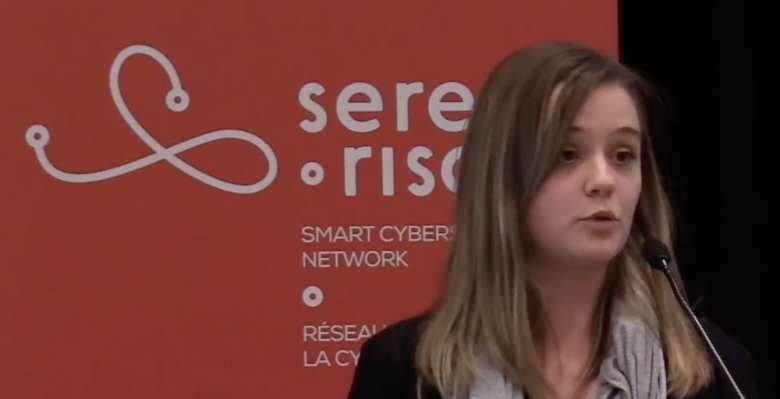Privacy, security and policies: A review of problems and solutions with semantic web technologies Sabrina Kirrane from The Vienna University of Economics, Serena Villata from Université Côte d’Azur, and Mathieu d’Acquin from the National University of Ireland Galway provide a look at how Semantic Web technologies research is progressing with relation to privacy and security concerns. They …
When Pennsylviania State University decided to change their two factor authentication system Jake Weidman and Jens Grossklags took advantage of the situation to look at the transition from an organisational perspective. Their paper “I Like It, but I Hate It: Employee Perceptions Towards an Institutional Transition to BYOD Second-Factor Authentication” provides some interesting insights. They …
The increasing importance of information security has forced researchers to start literally thinking outside the box. The importance of the isolating systems as a form of high security control has lead to tests of the permeability of an air gap. there has been research into techniques by which data from an isolated system can …
Understanding the Simplicity Behind IoT Botnets: A Case Study of a Social Media Fraud Provider Masarah Paquet-Clouston, GoSecure Presented at the SERENE-RISC Workshop, April 2017 Who would want to be liked by an army of robots? The size of a social media account’s audience is considered to be a measure of the influence of a …
A piece by Jean Peccoud, Jenna E. Gallegos,Randall, Wallace G. Buchholz,and Sanjay Raman sounds an alarm for the biotechnology industry and researchers. The development of technology has blurred the gap between the digital and biological. Recent research has shown the potential for threats to cross over between these realms by coding malware into a DNA …
Digital Forensics is a challenging field due to the mixture of computer science and law knowledge required. Combining these in a teachable format is challenging. The use of a traditional lectures for the conceptual preparation required for for hands-on digital forensics labs and exercises can be less than desired. William Johnson, Irfan Ahmed, Vassil Roussev …
Heiko Mantel, Johannes Schickel, Alexandra Weber, Friedrich Weber from Technische Universität Darmstadin Germany look into potential security side effects of new energy management features in CPUs. Energy management is an issue of growing importance as the amount of resources required to process and store the massive amount of data the information society requires. Software based …
The utopian vision of cyberspace saw us move beyond all the limitations of the physical. Transcendent beings of light we would leave behind greed, hate and discrimination. Is this fictional future possible, or are we destined to bring our faults with us into cyberspace? Are our online services countering or contributing to discrimination online. Karent …
Cormac Herley presents work done with Paul van Oorshot on some historic ideas that might help us work towards a common science for information security. This is something that we all need in order to progress the field. “Claims that uniques aspects of security exempt it from a scientific approach are unhelpful.” There has been …
A recent podcast from risky business (www.risky.biz) had a very interesting interview with Stephen Morse, formerly the staff vice president of cybersecurity analytics at Anthem. You might remember that Anthem were the target of a state-sponsored attack back in 2015. The interview is well worth listening, particularly for those charged with security in a large …






